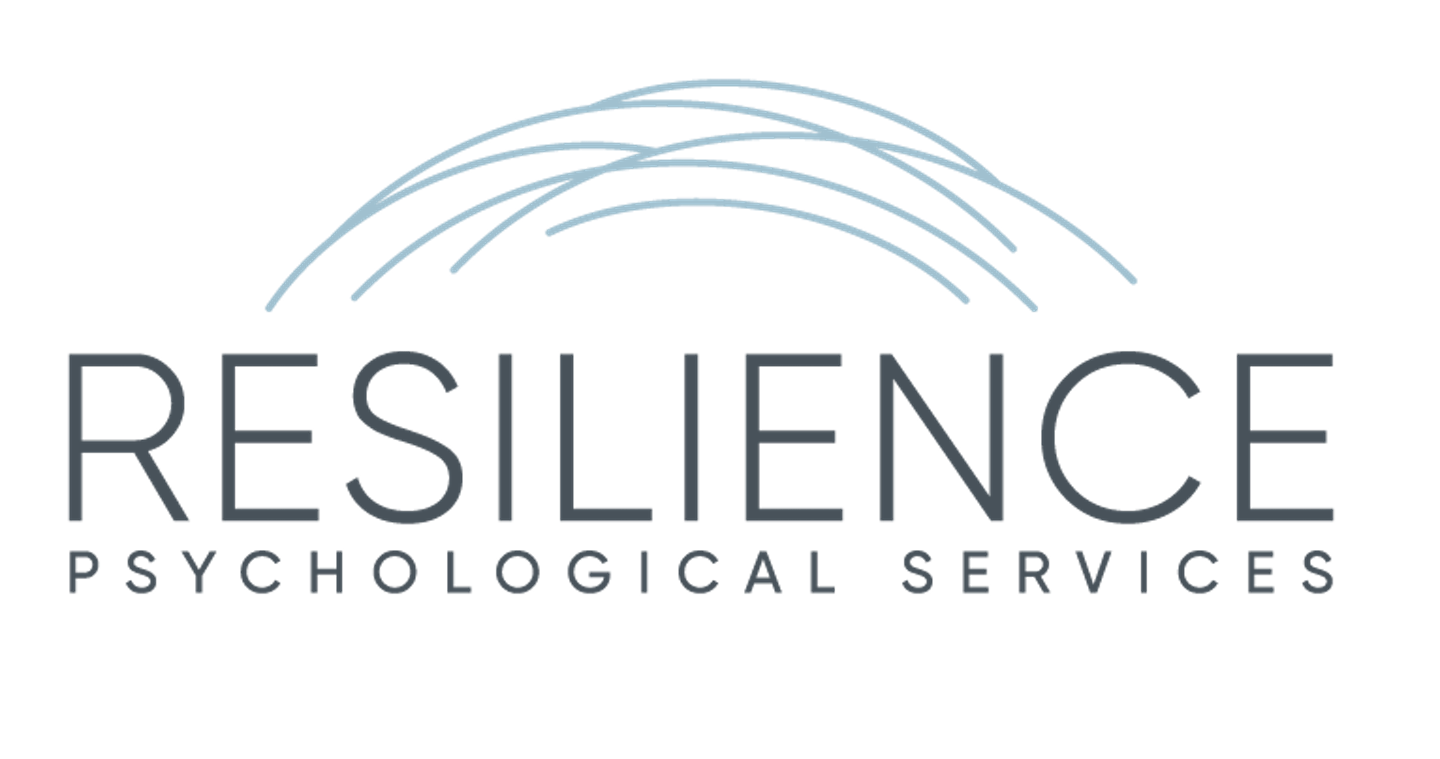RACIAL JUSTICE
Racial justice is a movement dedicated to ending racial inequality and creating a society where all people have equal rights, access, and opportunities, regardless of race or ethnicity. Rooted in a commitment to dismantle racism at structural, interpersonal, and internal levels, racial justice acknowledges and addresses the historical legacies and modern impacts of colonialism, segregation, and systemic discrimination.
Achieving racial justice means creating equitable systems in education, housing, healthcare, and justice, allowing individuals and communities of color to live with dignity, empowerment, and autonomy.
RACIAL justice in Therapy
In therapy, a racial justice approach considers the profound effects of racism and systemic oppression on mental health. Recognizing that clients of color often face unique barriers, such as discrimination, bias, and racial trauma, this approach seeks to provide a safe space where these experiences are understood, validated, and addressed.
Racial justice-informed therapy empowers clients to navigate and resist the impacts of racism, fosters a sense of cultural pride, and supports mental wellness in the context of broader systemic realities. This approach is rooted in empathy, advocacy, and an understanding of how racial inequities shape emotional and psychological experiences.
Racial justice-informed therapists create a therapeutic environment that acknowledges the lived realities of racial discrimination. They work collaboratively with clients to confront internalized biases, heal from racial trauma, and build resilience. Additionally, they integrate an intersectional lens, recognizing that race intersects with other aspects of identity, such as gender, sexuality, and socioeconomic status, affecting each individual’s unique experience.
Key Principles
Cultural Empowerment and Identity Affirmation: Racial justice therapy celebrates each client’s cultural identity and heritage, empowering them to reclaim pride in who they are and find strength in their community and history.
Healing from Racial Trauma: This approach offers a space to process racial trauma and the ongoing effects of discrimination and systemic oppression, fostering healing, resilience, and self-acceptance.
Addressing Systemic Inequities: Therapy recognizes that individual mental health is connected to systemic forces. It supports clients in navigating and resisting these systems while addressing internalized oppression.
Rejecting Pathologization of Cultural Experiences: Racial justice therapy understands that many expressions of stress or trauma in communities of color are responses to systemic oppression, not personal shortcomings or pathologies.
Intersectional Perspective: Therapy respects the complexity of clients’ lived experiences, considering how race intersects with other identities and influences the mental health and well-being of clients.
A racial justice-informed approach to therapy is about creating a space where clients of color can heal, grow, and thrive in their full authenticity. At Resilience, we are dedicated to supporting clients as they navigate the effects of racism, reclaim cultural pride, and foster resilience within themselves and their communities.
How We Can Help
At Resilience, our racial justice-informed approach provides a safe, validating space to address the unique challenges and resilience of people of color. Our work focuses on:
Affirming Cultural Identity: We support clients in exploring and embracing their cultural backgrounds, celebrating diversity, heritage, and the unique strengths that come from lived experiences within communities of color.
Healing from Racialized Trauma: We offer a compassionate space to process racial trauma, discrimination, and systemic inequities, helping clients build resilience, reclaim self-worth, and find healing.
Navigating Systemic Barriers: Therapy provides support in navigating structural barriers, recognizing how racial inequities impact daily life and offering strategies to resist and cope with these challenges.
Building Community and Connection: We help clients connect with culturally relevant resources and communities that affirm their identities and provide support outside the therapeutic space.
What to Expect
Empathy and Non-Judgmental Support: Racial justice-informed therapists validate and understand the impacts of racial inequity on mental health, providing compassionate support that honors each client’s experiences and challenges.
Empowerment and Self-Advocacy: Therapy empowers clients to reclaim agency, set boundaries, and advocate for themselves, reinforcing their worth and dignity in the face of systemic challenges.
Education and Advocacy: Racial justice-informed therapists are often engaged in community education and advocacy, working to dismantle racism and promote racial equity within mental health fields and beyond.
Culturally Relevant, Inclusive Care: Therapy is tailored to respect each client’s cultural perspective, providing support that reflects and honors their heritage, values, and identity.
Whether you’re seeking to process racial trauma, explore your cultural identity, or find a space that validates and uplifts you, we are here to support your journey toward empowerment, healing, and justice.

